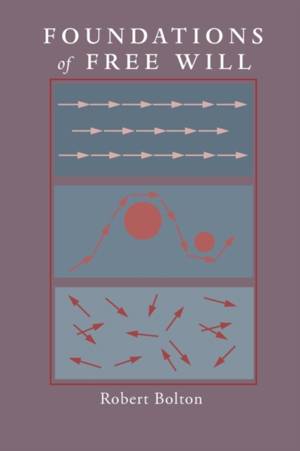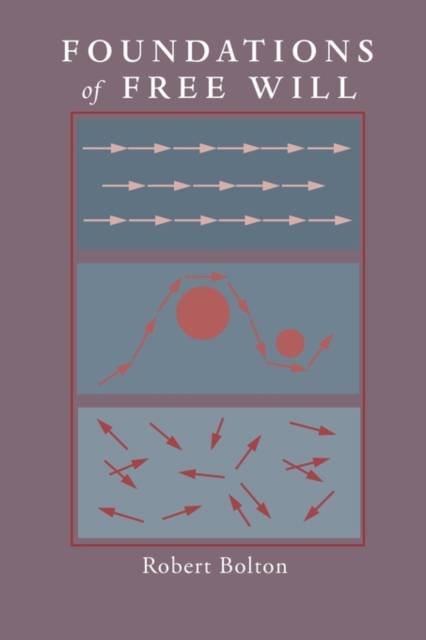
- Retrait gratuit dans votre magasin Club
- 7.000.000 titres dans notre catalogue
- Payer en toute sécurité
- Toujours un magasin près de chez vous
- Retrait gratuit dans votre magasin Club
- 7.000.0000 titres dans notre catalogue
- Payer en toute sécurité
- Toujours un magasin près de chez vous
Description
Is free will a reality, or just a popular belief discredited by science? Whether the will is free or not, it can have uncomfortable consequences in either case; but in this book these alternatives are not regarded as evenly balanced. The author is guided, rather, by a conviction that a denial of free will means as well a denial of the intelligence needed for this purpose. He concludes that the possibility of knowing the will to be free is a genuine one, while knowing that it is not free leads to unwelcome paradoxes: who or what pulls our strings to produce this effect? If we can answer that, what caused our answer? No attempt is here made to minimize the impact of natural causes on us; rather, we are given an idea of the self (following the ancient idea of man as a microcosm) that, since it contains realities not directly subject to nature, implies that the essence of consciousness is in a sense above nature and thus can be taken to be the basis on which the free will can be developed such that it can dominate the realm of nature and fate. In pursuit of his goal, Bolton makes much use of ideas from Plato and the ancient philosophers who followed him, and relates his ideas to Kant as well. And what is that goal? It is an intriguingly original idea of how free will can function harmoniously even with forces having no part in it.
Spécifications
Parties prenantes
- Auteur(s) :
- Editeur:
Contenu
- Nombre de pages :
- 198
- Langue:
- Anglais
Caractéristiques
- EAN:
- 9781597310994
- Date de parution :
- 29-01-25
- Format:
- Livre broché
- Format numérique:
- Trade paperback (VS)
- Dimensions :
- 152 mm x 229 mm
- Poids :
- 272 g

Les avis
Nous publions uniquement les avis qui respectent les conditions requises. Consultez nos conditions pour les avis.






